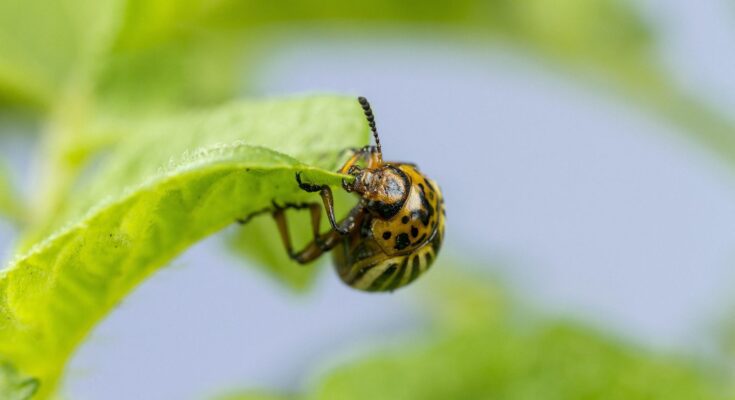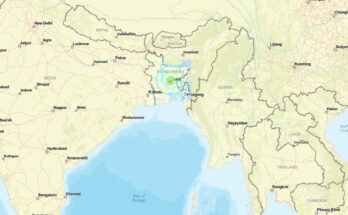An American company has requested marketing authorization in Europe for Calantha, its RNAi pesticide, which works on insect genes. In use for a year in the United States, the drug has raised concerns about its impact on health and the environment.
/2023/07/07/64a7df4c5fe71_placeholder-36b69ec8.png)
Published
Updated
Reading time: 3 minutes
/2025/11/20/maxwatier336279-691eda83731e7039640227.jpg)
A new family of pesticides is knocking on the European Union’s door. Pesticides that work directly on insect genes are called RNAi pesticides. An American company, GreenLight Biosciences, has requested permission from the European body responsible for food safety, EFSA.
The application concerns a product called Calantha which contains an active substance called Ledprona. It is this product that is evaluated by European bodies. In the United States, it has been permitted for use on potatoes for about a year as a spray. It helps fight the aggressive insect pest, the Colorado beetle.
This is not a chemical product but a genetic disruptor. It is inserted into the gene of the target insect, which is called RNA interference or RNAi pesticide. “We would say that each gene has a first name, for example Pauline, explains Stéphanie Jaubert, research director at Inrae. The RNA pesticide will recognize all messenger RNA with the name Pauline and cause its degradation, which means there will be no more protein. This will cause the insect to die.” A method of action that is still new in European agriculture, but Monsanto has been using it since 2017 for corn.
There are no chemicals in this pesticide, but is there less risk? The American manufacturer, GreenLight Biosciences, did not respond to our interview request but, on its website, it writes that its product does not harm bees, butterflies and other non-target insects or mammals. In reality, there is little research available. In France, potato producers conducted seven field trials of potatoes between 2020 and 2025 under an exclusion regime, i.e. on small areas and with destruction of treated plants after the tests. A test that no one knows the detailed results of.
The NGO Pollinis, which focuses on insect pollination, especially bees, is worried. “This product has been authorized in the United States knowing that these organizations have warned about its impact on non-target species, such as wasp species, recalls Charlotte Labauge, the NGO’s campaign manager. We must not repeat the same mistakes made with chemical pesticides.”
“We request that these products not be allowed on the market until we have set up an appropriate and rigorous evaluation network.”
Charlotte Labauge, campaign manager at NGO Pollinisat franceinfo
Pollinis was the only organization to respond to the public inquiry launched by the European Food Safety Authority. The file is currently being reviewed, no results date has been communicated yet.



